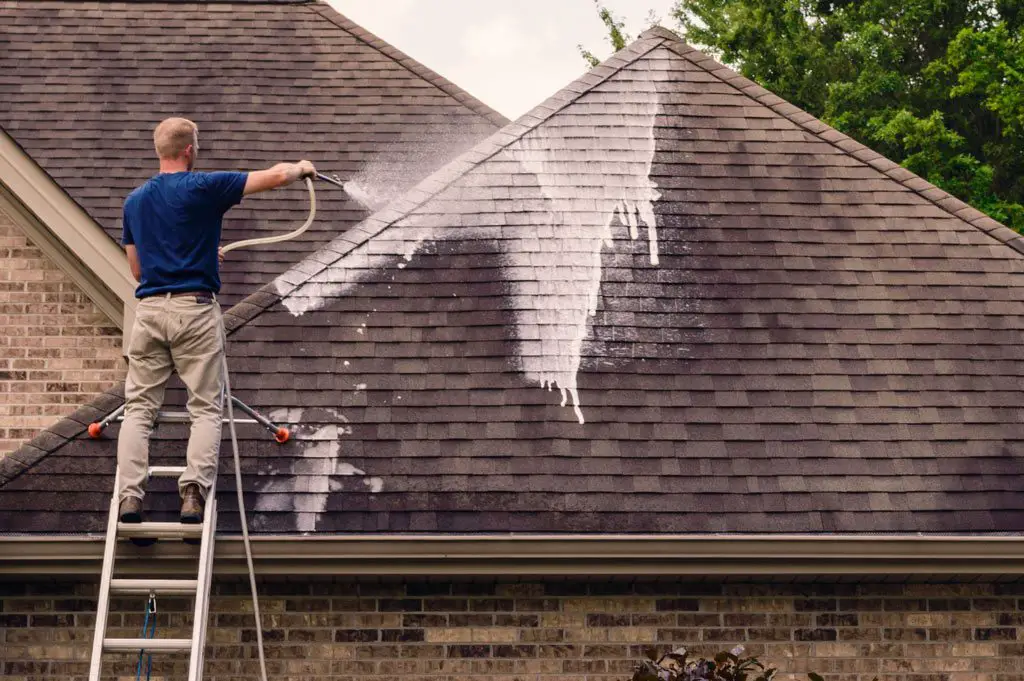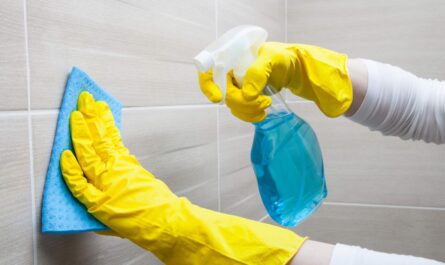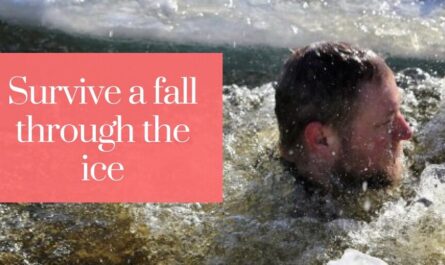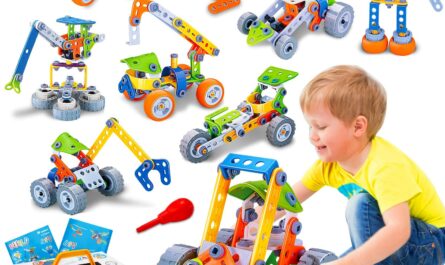Residential pressure washing is a popular method for cleaning exterior surfaces due to its efficiency and effectiveness. However, while pressure washing can produce remarkable results, there are instances where it’s best to avoid this cleaning method. Understanding when to steer clear of residential pressure washing can help homeowners prevent damage to their property and ensure the longevity of their exteriors.
Why Avoid Pressure Washing?
- Delicate Surface:One of the primary reasons to avoid pressure washing is when dealing with delicate surfaces such as wood, stucco, and certain types of masonry. These materials are susceptible to damage from high-pressure water, which can strip away protective coatings, erode surfaces, and cause water infiltration. Instead of pressure washing, consider gentler cleaning methods like soft washing or manual scrubbing to maintain the integrity of these surfaces.
- Old or Damaged Surfaces: Pressure washing can exacerbate existing issues on old or damaged surfaces. Cracks, chips, or loose paint can worsen when subjected to the force of pressurized water, leading to further deterioration and necessitating costly repairs. Before considering pressure washing, it’s essential to address any structural issues and undertake necessary repairs to prevent additional damage.
- Fragile Landscaping: While pressure washing can effectively clean exterior surfaces, it can also pose a risk to surrounding landscaping. The powerful stream of water can damage delicate plants, flowers, and shrubs, causing them to become uprooted or suffer from bruising and breakage. To protect your landscaping, either cover plants or opt for alternative cleaning methods that are less likely to cause harm.
- Presence of Lead Paint: Homes built before 1978 may contain lead-based paint, which poses health risks if disturbed. Pressure washing can release lead particles into the air and soil, contaminating the environment and posing a danger to occupants, particularly children and pregnant women. If your home contains lead paint, it’s crucial to consult with a professional abatement specialist before proceeding with pressure washing to ensure safe and proper handling.
- Risk of Water Intrusion: Improper pressure washing techniques can lead to water intrusion, particularly when water is forced into cracks, gaps, or vulnerable areas of the home’s exterior. This can result in moisture-related issues such as mold, mildew, and rot, compromising the structural integrity of the property and leading to costly repairs. Before pressure washing, inspect the exterior for any potential entry points for water and take steps to seal them properly.
When to Seek Professional Help:
- Complex Surfaces: Some surfaces, such as multi-story homes or intricate architectural details, require specialized equipment and expertise to clean effectively without causing damage. Professional pressure washing services have the knowledge, experience, and tools necessary to tackle complex surfaces safely and efficiently, ensuring thorough cleaning without compromising structural integrity.
- Time Constraints: While DIY pressure washing may seem like a cost-effective option, it can be time-consuming, especially for larger properties or extensive cleaning projects. Hiring a professional pressure washing service can save time and effort, allowing homeowners to focus on other priorities while professionals handle the cleaning efficiently and effectively.
- Safety Concerns: Pressure washing can be hazardous, particularly when working at heights or handling heavy equipment. Professional pressure washing companies prioritize safety and are equipped with the necessary safety gear, training, and insurance coverage to mitigate risks and ensure a safe working environment for both workers and occupants.
Conclusion:
Residential pressure washing is a valuable cleaning method for maintaining the exterior of your home. However, it’s essential to recognize when pressure washing may not be the best option and to exercise caution to avoid potential damage. By understanding the limitations of pressure washing and knowing when to seek professional assistance, homeowners can protect their property and achieve optimal cleaning results while maintaining safety and structural integrity.







